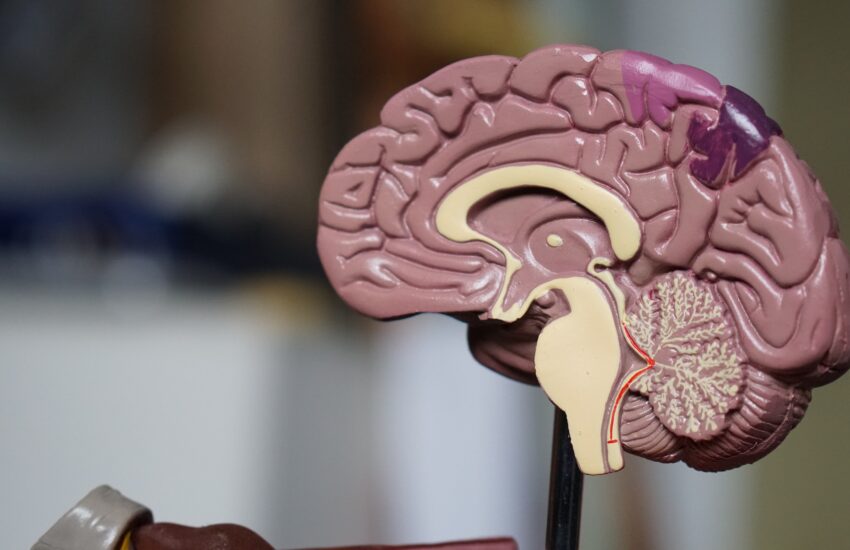What is an Ischemic Stroke?
You may have heard the term ischemic stroke pop up within the acquired brain injury space before. However, the actual causes, symptoms and treatments of this type of stroke are generally not as common knowledge. An ischemic stroke occurs when there is a disruption of blood flow to the brain. As a result, the blood cannot carry oxygen to parts of the brain, which is critical for brain tissue to survive and function.
What Causes an Ischemic Stroke?
An ischemic stroke can happen if a blood clot blocks or narrows a blood vessel going to the brain. The formation of a blood clot can be due to many different things such as: an irregular heart rhythm (known as atrial fibrillation), buildup of plaque in the arteries in the brain or neck (known as atherosclerosis), infection, or tear in the blood vessel wall (known as a dissection). Some individuals are more prone to their blood clotting due to certain hereditary conditions or other existing medical conditions like cancer.
Symptoms of a Stroke
Because an ischemic stroke occurs when there is an abrupt blockage of the blood vessel leading to the brain, the symptoms of a stroke tend to be very sudden as well. The symptoms of a stroke can also depend on the part of the brain lacking blood supply, since each part of our brain has its own function. Some symptoms of an ischemic stroke include: sudden one-sided weakness, numbness, difficulty with producing fluent speech (aphasia), slurred speech (dysarthria), vision disruption. If you or someone you know is experiencing these symptoms, it is important to call for emergency medical attention.
Ischemic Stroke Treatments
Treating an ischemic stroke relies on the timing from when the stroke symptoms started to when one presents to hospital. If appropriate, there is a treatment called tissue plasminogen activator (tPA) which is a clot busting medication that can be used in the first few hours of a stroke. There is also a surgical option to remove a blood clot in the larger arteries leading to the brain in some patients. The management of a stroke also involves managing one’s blood pressure and starting blood thinner medications, if appropriate. A stroke neurologist will also do a full work-up to assess why the stroke happened in the first place, in order to treat those issues specifically and prevent any future strokes.



